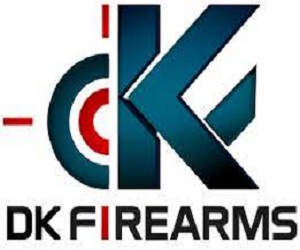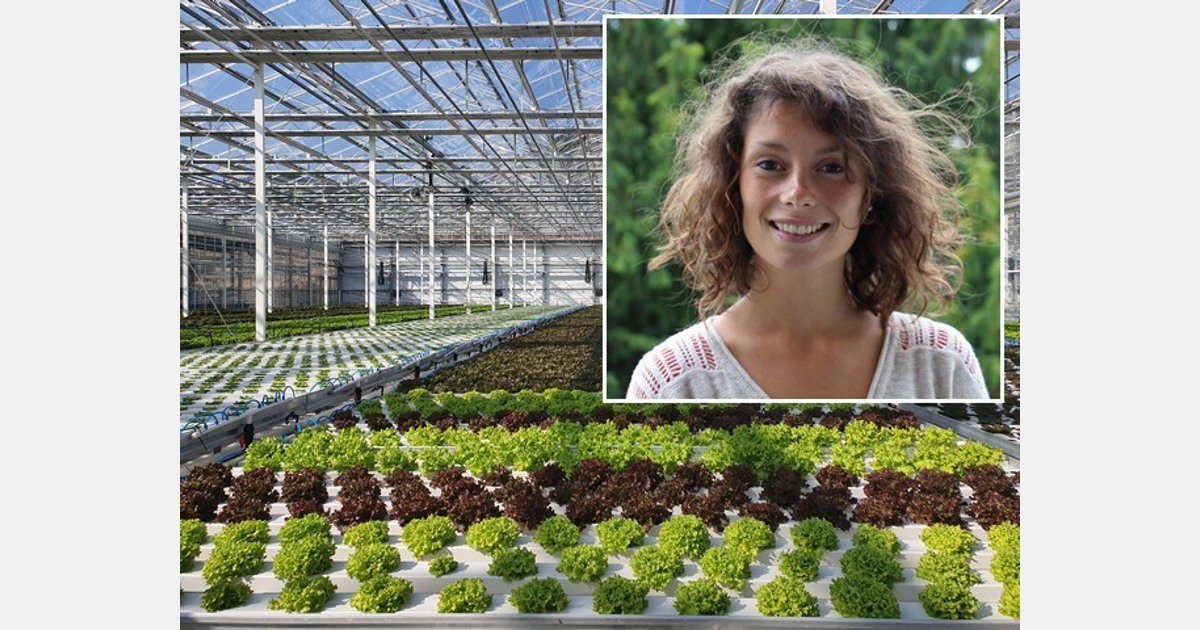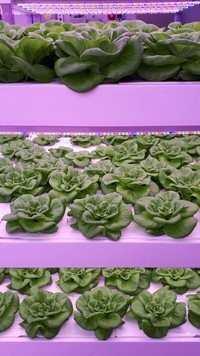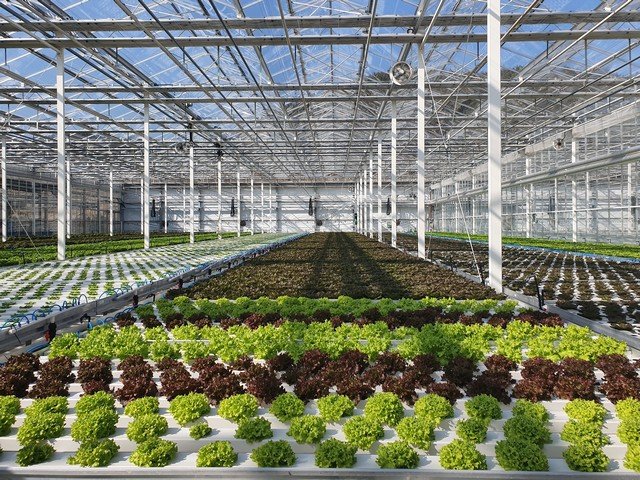jordanmills
TGT Addict
I'd say something like this. Assuming you have enough land. One issue is that the baby vegetables won't grow well without climate control since it's too hot in most of Texas to grow things like lettuce year round. Greenhouses and passive cooling can help with that. You really need a good reliable source of water, but a nice deep well should meet that need and you probably already have that if you have enough land.Fresh herbs, baby veggies for high end restaurants!












